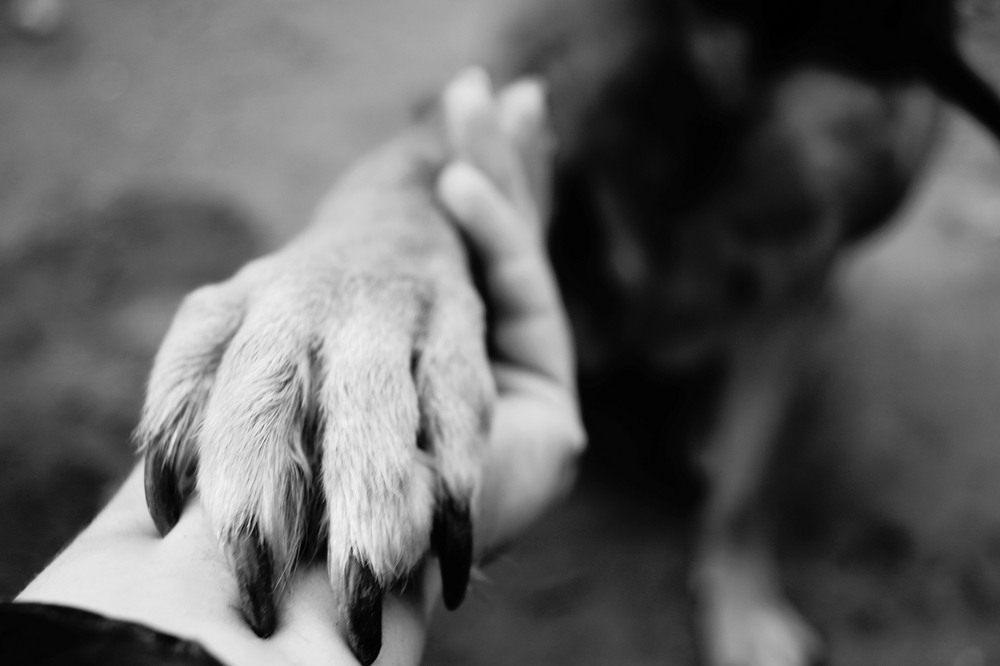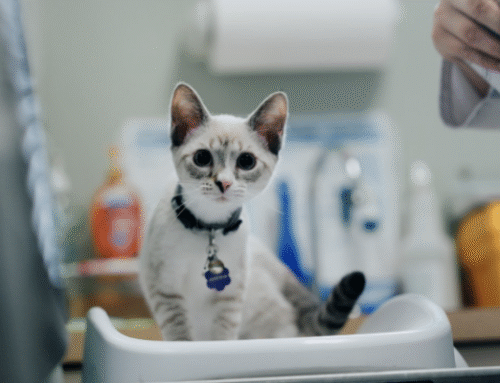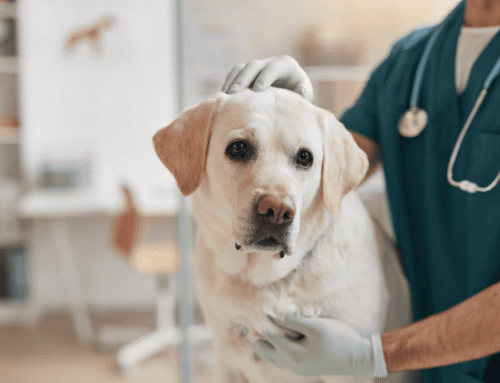For the majority of pet owners, pets are not just animals; they are also cherished family members. They bring joy, companionship, and unconditional love into the lives of everyone they touch. However, there comes a time in every pet owner’s journey when they must face the difficult decision of saying “Goodbye” to their beloved companion. Knowing when it’s time to let go can seem like an impossible endeavor, and you may feel paralyzed with indecision. To help guide you, our Safe Harbor Animal Hospital team discusses the signs to look for and the factors to consider when determining if it’s time to say goodbye to your pet.
Declining health signs in pets
Knowing whether your pet’s health and happiness are on a downward trend is important for monitoring their quality of life. Keep a close eye on the following issues that could indicate your pet’s health is declining:
- Chronic pain — Chronic pain in pets can show up in various ways, from stiffness to reluctance to move to irritability. Dental disease, degenerative joint diseases, organ dysfunction, and cancer can cause persistent discomfort in our furry friends. Watch for pain indicators, such as whimpering, flinching, or behavioral changes, especially when they are touched in specific areas. While pain management medications can provide some relief, if your pet’s pain becomes unmanageable and significantly affects their daily life, it may be a sign that their quality of life is declining.
- Appetite loss — A sudden or prolonged loss of appetite in pets is often a red flag for underlying health issues. While it’s not uncommon for pets to have occasional appetite fluctuations, persistent refusal to eat or significant weight loss can indicate serious problems such as organ failure, gastrointestinal issues, dental problems, or cancer. Pay attention to changes in your pet’s eating habits and consult with our Safe Harbor Animal Hospital team if you notice any concerning signs.
- Difficulty breathing — Respiratory problems in pets can be caused by a variety of conditions, including heart disease, lung infections, allergies, or tumors. Labored breathing, coughing, wheezing, or excessive panting can indicate respiratory distress. If your pet is struggling to breathe or exhibits respiratory distress, seek immediate veterinary attention because these symptoms can quickly become life-threatening.
- Incontinence — Loss of bladder or bowel control in pets can be indicative of neurological disorders, hormonal imbalances, urinary tract infections, or age-related issues such as cognitive dysfunction syndrome. While incontinence itself may not necessarily warrant euthanasia, it can significantly affect your pet’s quality of life, especially if they are unable to control their bodily functions or are experiencing discomfort as a result.
- Lethargy — While it’s normal for pets to sleep for a significant portion of the day, excessive lethargy or a noticeable decrease in activity can be cause for concern. Lethargy can be a symptom of various underlying health issues, including infections, anemia, organ failure, or chronic pain. If your pet seems unusually tired or uninterested in activities they once enjoyed, it’s essential to have them evaluated by our veterinary team to determine the underlying cause and appropriate course of action.
Pet quality of life assessment
When considering whether it’s time to say goodbye to your pet, assess their overall quality of life. Ask yourself the following questions:
- Is my pet still able to enjoy their favorite activities?
- Are they experiencing more bad days than good days?
- Are their health issues manageable with treatment, or are they progressively getting worse?
- Are they in pain or discomfort that cannot be alleviated?
Using a quality of life assessment scale or journal will help you look objectively at your pet’s health and happiness as they near the end.
How to say goodbye to your pet
Saying goodbye to a beloved pet is one of the hardest things we ever have to do. When the time comes to say farewell, be sure to surround yourself with loved ones who understand and support your decision. Consider holding a small memorial or tribute to honor your pet’s memory and celebrate the love and joy they brought into your life.
Lean on our Safe Harbor Animal Hospital team to help navigate your pet’s final days. Give us a call or schedule a quality-of-life consultation online for guidance and support in determining when it’s time to say goodbye to your cherished companion.
By recognizing declining health signs, consulting with our veterinarian, and making your pet’s quality of life a priority, you can ensure that your four-legged friend passes peacefully and with dignity.









Leave A Comment